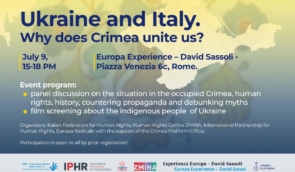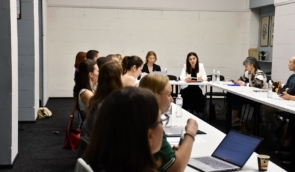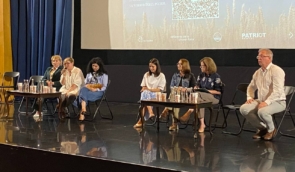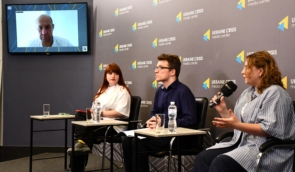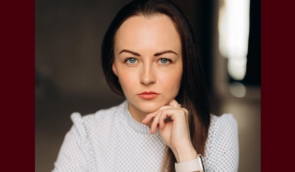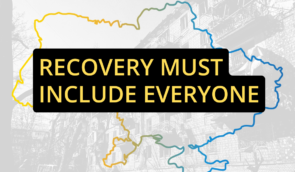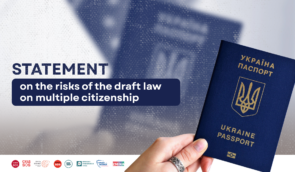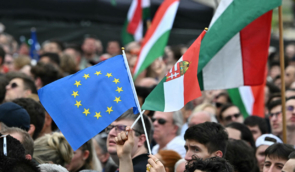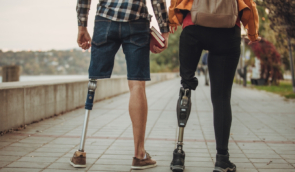ZMINA made a submission on the situation of Crimean Tatar female human rights defenders to the UN Special Rapporteur
Human Rights Center ZMINA sent a submission to the office of the UN Special Rapporteur on the rights to freedom of peaceful assembly and of association in the context of the office’s preparation of a report to be presented at the 75th session of the General Assembly and to focus on the exercise of freedom of assembly and association of women and girls.
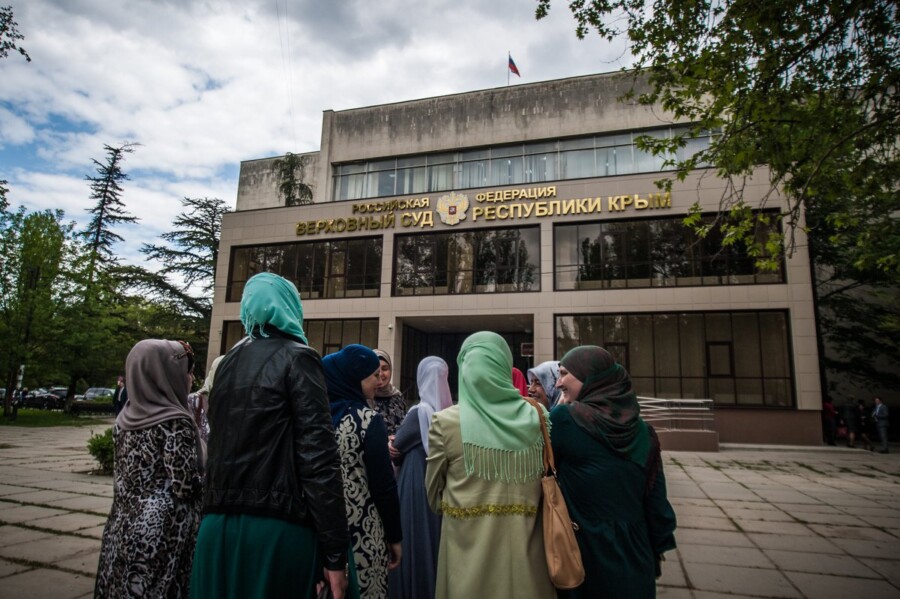 Рhoto: Alina Smutko
Рhoto: Alina Smutko“Women have been central players in movements for democracy, peace and human rights, including women’s rights and gender equality for generations – the power and visibility of their current activism is offering a renewed vision of hope in the context of democratic backsliding and repression of human rights. Nevertheless, in many countries, women and girls who are publicly and politically active are at much risk of violation or discrimination in their exercise of these rights. They not only face well-documented patterns of state repression – that men, boys and those who identify with other identities also face — but many additional obstacles, challenges and impacts that are gendered, intersectional, and based in deep-rooted discriminatory social norms” — communicates the Office of the Special Rapporteur.
The preparation of the report coincides in time with the tenth anniversary of the Special Rapporteur’s mandate, according to Roman Hromyk, Human Rights Center ZMINA’s international advocacy manager. “The choice of the topic of freedom of assembly and association of women and girls is dictated by the tenacity of the barriers and limitations that female human rights defenders and activists must overcome around the globe” – he told.
The materials, that ZMINA has prepared and sent to the Special Rapporteur’s office, feature the challenges faced by Crimean female human rights defenders and activists after the occupation of the peninsula by Russian Federation, often lack of possibility to continue working in Crimea because of pressure, threats, intimidation as well as expulsion of many of the human rights initiatives to mainland Ukraine.
A special focus was on the phenomenon of Crimean Tatar female human rights defenders and activists. Using the testimonies of Liliya Hemedzhy, Lutfiye Zudiyeva and Mumine Saliyeva and basing on the reports of the Field Mission of Human Rights Houses to occupied Crimea, of the UN Monitoring Mission in Ukraine we have provided a detailed description of the conditions, in which Crimean Tatar female activists, in particular activists of Crimean Solidarity, are working. We described how they help political prisoners, their families and other victims of human rights violations in the peninsula.
“The repressive policy of targeting the most active and prominent leaders of the community has led to a phenomenon of Crimean Tatar female activists, including wives of the political prisoners taking a leading role in providing legal, humanitarian help as well as advocacy and media coverage of existing persecutions in Crimea, — says Tetiana Pechonchyk, head of Human Rights Center ZMINA. — This phenomenon dwells on the rarely studied heritage of Soviet-time female activism among Crimean Tatars. Yet the harsh realities of the post-occupation Crimea in 2014-2020 have triggered an unprecedented degree of involvement from Crimean Tatar women and girls. As the severity of repressions grows, the dedication of female activists and human rights defenders gets stronger too”.
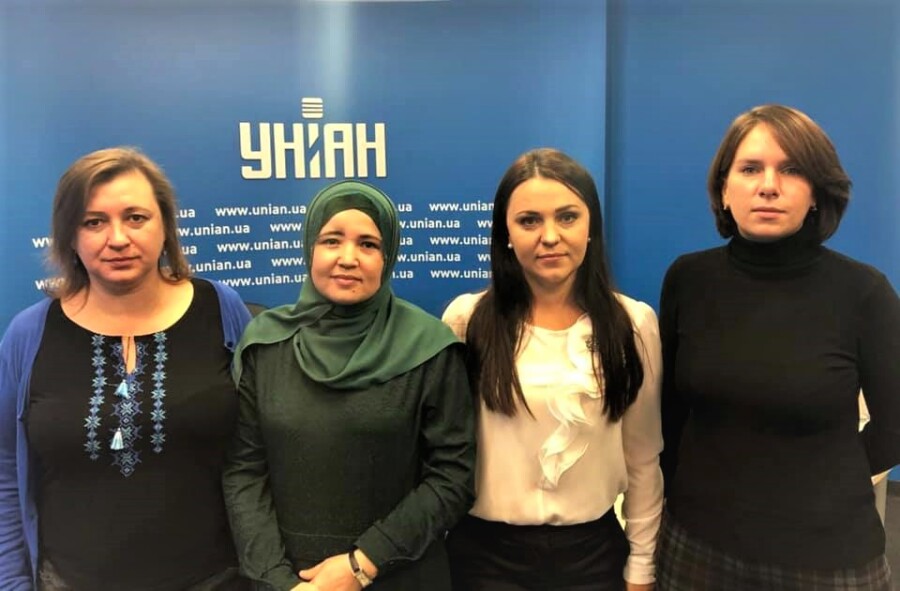 Human rights defenders Iryna Siedova, Tetiana Pechonchyk, Olha Kuryshko with the Crimean Tatar activist Lutfiye Zudiyeva
Human rights defenders Iryna Siedova, Tetiana Pechonchyk, Olha Kuryshko with the Crimean Tatar activist Lutfiye ZudiyevaShort version of the submission is available in English.
Note: Special Rapporteur on the rights to freedom of peaceful assembly and of association is appointed by the UN Human Rights Council and is responsible for thematic reports and country reports. Mr. Clément Voule has been holding this position since April 2018. In the past Mr. Voule defended human rights in his native Togo and across Africa. He graduated from Nantes University in France with a degree in Fundamental Rights and also obtained a Masters Diploma in International Law in Armed Conflict from the Graduate Institute of International and Development Studies, University of Geneva. In April 2018 Clément Voule published 10 fundamental principles to respect for by governments who consider introducing restrictions amidst COVID-19.
If you have found a spelling error, please, notify us by selecting that text and pressing Ctrl+Enter.

